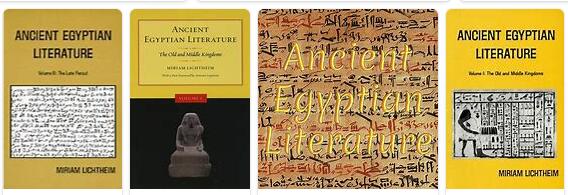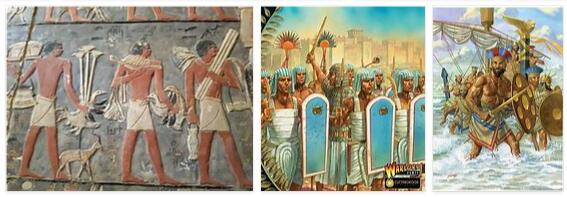Muslim Egypt Part III
The Ottoman conquest was undoubtedly harmful to Egypt; but perhaps its deleterious effects have been exaggerated. In reality, the decline had already begun earlier; and if the interruption of commercial relations with the northern Mediterranean was a serious blow to the prosperity of Egypt, it should be remembered that it coincides with the general phenomenon… Read More »






